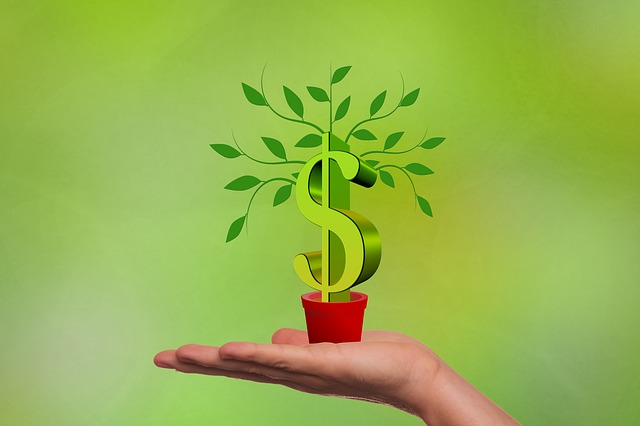US economic growth will be hit and prices will rise for consumers as a result of new tariffs on goods entering the country, the head of America’s central bank has warned.
Jerome Powell, chair of the Federal Reserve, said the import taxes recently announced by President Donald Trump were larger than the bank had expected, going beyond the higher end of its estimates.
His comments followed a period of turmoil on global stock markets as investors reacted to trade tariffs coming into force and the escalating trade war between the US and China.
Powell said surveys of households and businesses reported a “sharp decline” in their sentiment over the economic outlook, largely due to tariff concerns.
Since returning to office, Trump has stoked a trade war by introducing a 10% tax on goods being imported to the US from the vast majority of countries.
He has escalated tariffs further with China by putting a 145% tax on Chinese goods, though there are some exemptions for smartphones. China has hit back with tariffs of 125% on US products. The White House said on Wednesday that when the new tariffs are added on to existing ones the levies on some Chinese goods could reach 245%.
“The level of the tariff increases announced so far is significantly larger than anticipated,” Powell said in his starkest warning on the effects of the new tariffs regime.
“The same is likely to be true of the economic effects, which will include higher inflation and slower growth.”
The US president has said tariffs will boost US manufacturing and jobs, but stock markets have been spooked.
Powell said on Wednesday that impact of the Trump administration’s changes to trade as well as immigration, fiscal policy and regulation on the US economy remained “highly uncertain”.
All three main US stock markets suffered sharp falls on Wednesday. The Dow Jones fell 1.73%, while the S&P 500 and Nasdaq ended the day down 2.24% and 3.07% respectively.
But perhaps more concerning to the Trump administration than stocks and shares plunging in value was the rise in the number of investors dumping US government debt last week.
The rise in the effective interest rate the US government had to pay on its bonds is reported to have contributed to the president’s decision to pause some higher tariffs.
Governments sell bonds – essentially IOUs – to borrow money from financial markets and in return they pay interest.
The US does not normally see high interest rates on its debt, as its bonds are viewed as a safe investment, but rates spiked sharply last week in a sign investors were losing confidence in the world’s biggest economy. They have settled this week, but remain elevated.
Powell said on Wednesday that despite the uncertainty and ructions in the markets, the “US economy is still in a solid position”.
For now, he said, the Fed could keep its benchmark interest rate steady “to wait for greater clarity before considering any adjustments”.
The Fed’s benchmark interest rate is currently set in a range between 4.25% and 4.5%, where it has been since December following a series of rate cuts late last year.
The central bank has been attacked by Trump for holding rates unchanged. The president’s campaign promises included calls for lower interest rates in order to bring relief to borrowers.
If tariffs push up inflation, as many economists expect, the Fed could decide to hold or even raise rates. Traders on Wednesday kept their bets it will continue to cut rates this year.
But the Fed also has a mandate to maintain maximum employment as well as stable prices.
Should it be caught between rising inflation and a rising unemployment rate, Powell said “we would consider how far the economy is from each goal” and then look at “the potentially different time horizons” for getting prices under control and bringing the unemployment rate down.
“As that great Chicagoan Ferris Bueller once noted, “life moves pretty fast”, he added.

